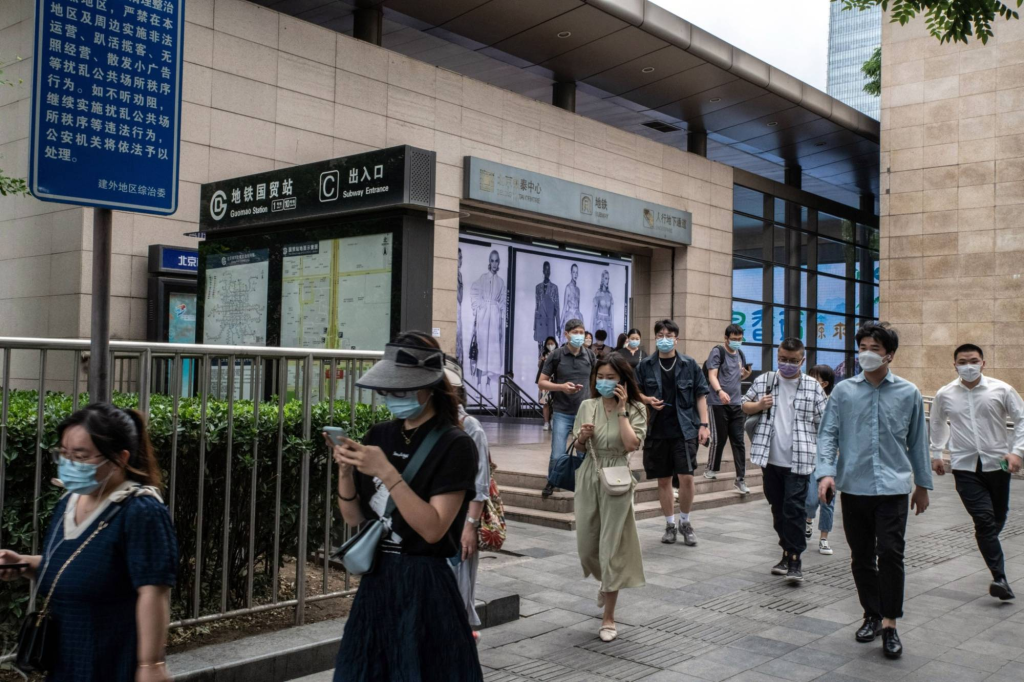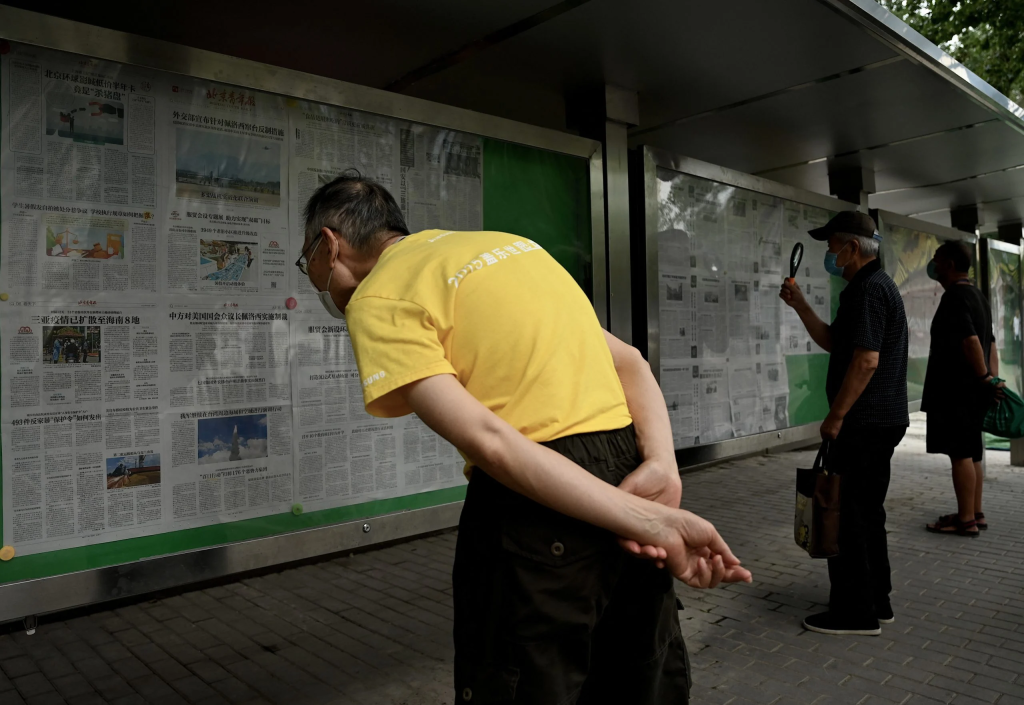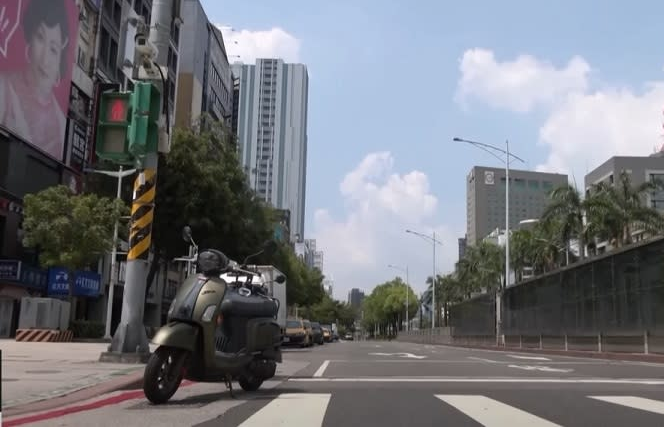China’s loud reaction to US House Speaker Nancy Pelosi’s visit to Taiwan heightened cross-Strait tensions and produced an outpouring of nationalist enthusiasm online, but the attitude on the streets in mainland China is a bit more sober.
Angered by Pelosi’s visit, Beijing started some of its largest-ever military maneuvers surrounding the island last week, while halting cooperation with the US on subjects such as climate change and defense.

China’s strict hold on the internet, combined with a huge censorship system that removes posts that criticize the Communist Party’s policies, has constrained public debate over how far Beijing should go in its conflict with Taiwan.

While it is impossible to evaluate Chinese public sentiment, analysts say the majority of Chinese people want reunification and would not tolerate steps implying Taiwan’s independence.
Outside the cries from more radical residents online, some of whom have even called for war, Beijingers told AFP that they still believe in a peaceful approach.
“I’m not too worried because I know it won’t happen… whoever turns to force first (over Pelosi’s visit) will be in the wrong,” Zhao, a 29-year-old Beijing resident who only revealed his surname, said.

China considers Taiwan to be part of its territory and has pledged to reclaim it, by force when necessary, with many Chinese believing in the self-ruled island’s ultimate reunion and absorption into the mainland.
“Many Chinese hope for reunification with Taiwan. This is an idea that’s been instilled since childhood and is seen as politically correct,” Zhao continued.
“But there has been less in-depth discussion, because the Internet does not allow for diverse views and offline talks can easily land in conflict.”

According to David Sacks, a research fellow at the think-tank Council on Foreign Relations, the timing of Pelosi’s visit couldn’t have been much worse China’s President Xi Jinping.
Beijing’s leadership is eager to project domestic stability and strength ahead of the Communist Party’s 20th congress, where Xi is anticipated to be elected for a historic third term.
“Xi likely felt as though he had to act, for fear of looking weak or like somebody who’s not in control of the most important relationship for China,” Sacks stated.
“They don’t need people’s support.”
While China’s military drills have sparked national pride, people told AFP that this does not necessarily translate into support for those at the top.

“People are proud, but it’s mostly over China’s military might,” Zhao explained. “They seldom mention the leaders.”
Another Beijing resident, Guo, stated that she does not “think this situation will change attitudes towards our top leadership” among the public.”
“Taking a step back, they don’t need people’s support either, they’re not picked by votes,” the 27-year-old explained.

Trade embargoes on Taiwan and military drills “will be welcomed” by the Chinese populace, according to Jocelyn Chey, a former Australian diplomat and visiting lecturer at the University of Sydney.
Pelosi’s visit also coincided with considerable domestic obstacles for the governing party’s unpopular lockdowns, as well as controversy over Xi’s zero-Covid policy, the closing of foreign borders for travel, and property market troubles, according to Chey.
However, if there is criticism of the leadership, it is more commonly from people who think China has not gone far enough in its dispute with Taiwan, according to Sacks.
He went on to say that officials will continue to calibrate and escalate their reaction as needed.

“Unless this gets really out of control,” Sacks added, “even though there has been some pushback to Xi’s response, I don’t think that it will in any way threaten his position at the upcoming party congress.”
However, with some, the military buildup blamed on Pelosi’s visit has opened up new and troubling possibilities.

“Before this, some people around me felt that peaceful reunification could be achieved, as it was a matter between us and Taiwan,” said Luo, a Guangzhou resident.
“But with the US’s involvement, some are starting to see it as a battle with America.”







